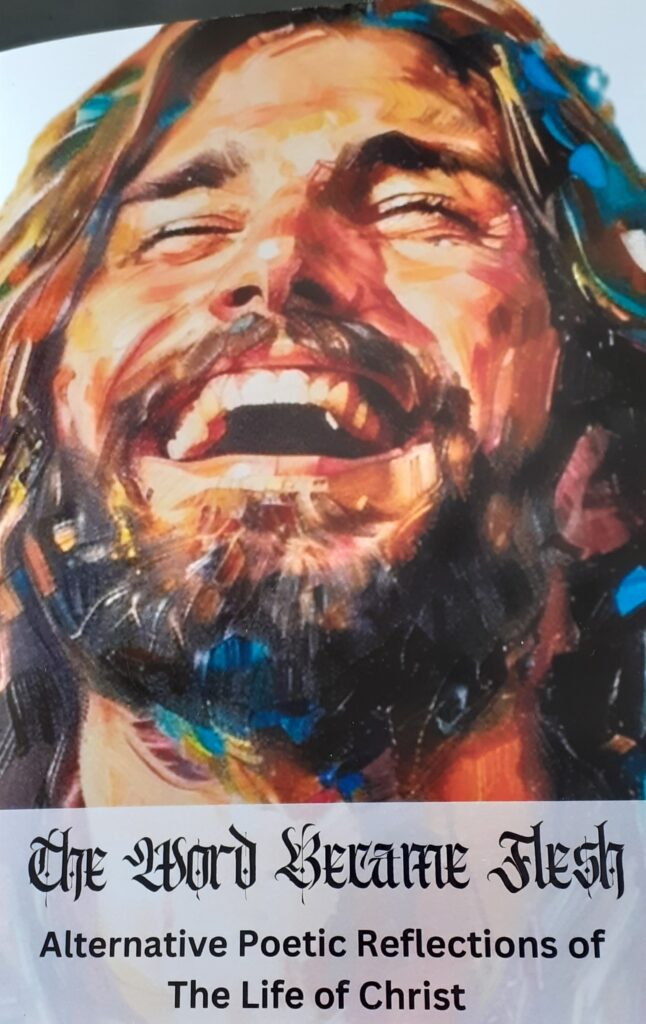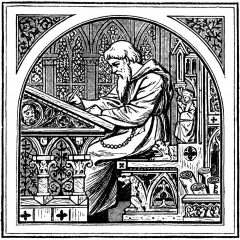Alternative Poetic Reflections of The Life of Christ

Having contributed to the end notes on this short book of poems by Birmingham born poet and author, Philip Hill, I wanted to add some further commentary not only about this collection, but about the author himself who I have come to know through our respective love of poetry, performing at open mic events and being practicing Christians.
I was first made aware of Phil’s work through his collection of poems inspired by and dedicated to his late wife, Geraldine, who died in 2011. Called The Heroine and published by Jem Stone Publications, it charted his and Geraldine’s life from when they first met, through the challenges of their twenty-year marriage to her eventual death aged just 52.
Since then, he has also published other collections including more recently Love on the Spectrum, which expresses the challenges of dealing with love and relationships while living with being neurodivergent.
In all of his poetry there is a raw intensity exemplified by Phil’s use of everyday language which can be hard-hitting and provocative but is designed to get people thinking how poetry is very often the best medium for reflective expression on the ups and downs life has the tendency to throw at us.
In the end notes I referred to his poem Mary, Mary and how through a series of questions we come to see Mary Magdalene being transformed from the traditional image of a fallen woman, to becoming a symbol of the importance of women in Christ’s earthly ministry. For it was she who Jesus first appeared to on that first Easter morning.
Two other poems are worthy of mention here. In the first, The Alternative Kingdom, reiterates Jesus’ assertion that although he is a King, his kingdom is different from an earthly one. It includes references to his betrayal by Judas, his questioning by the Sanhedrin and Pilate as to his status and ordering his death, how he would be remembered by the outcasts he healed, the dead he raised, references to the parable of the lost sheep and the prodigal son. The poem ends with the words, “but my kingdom is not of this world, but I am still a king, a servant King; that would lay down his life so his message, his missionary would live on a message of hope; and a return to his followers when the tombstone rolled away”.
Never a Dull Moment, starts with the words, “Nothing special has come out of Nazareth, echoing the conversation between Phillip and Nathaniel from John’s Gospel and provides a snapshot of Jesus preaching to the crowds, of a healing, a miracle, another talk and then repeated throughout his ministry. Reference is made to the feeding of the 5,000 an event covered in all the Gospels whereby Jesus took pity on the crowds who came to hear him, many staying several days. The final stanza refers to Jesus’ entry into Jerusalem on Palm Sunday where people will be waiting with interest, “to see if anything good can come out of Nazareth.”
For many of us this is a rhetorical statement; however, with Easter approaching and its message of a new life and a new hope dawning, this collection of poems is one which whatever your biblical knowledge or interest, you should find absorbing enough to stimulate a desire to find out more. How for two millennia the story of an itinerant Rabbi, the son of a carpenter from a nondescript Galilean town continues to inspire so many.
Footnote: If you wish to buy copies of this collection or any of his other works, Philip does not currently have a website but is on Facebook as Phil Matthew Hill or you can email him direct at mphil6014@gmail.com
